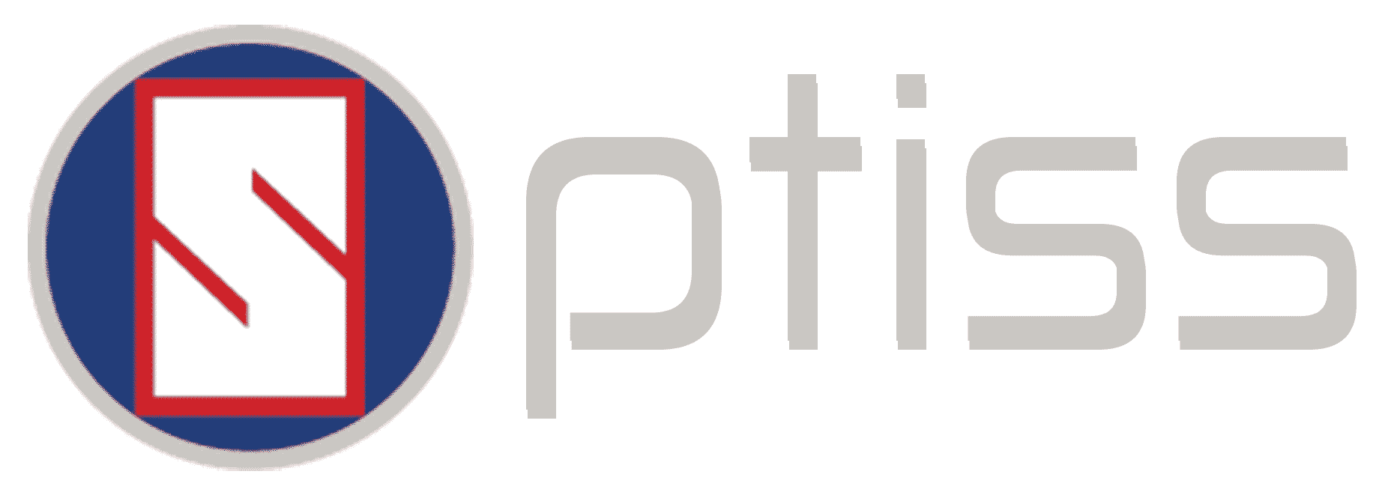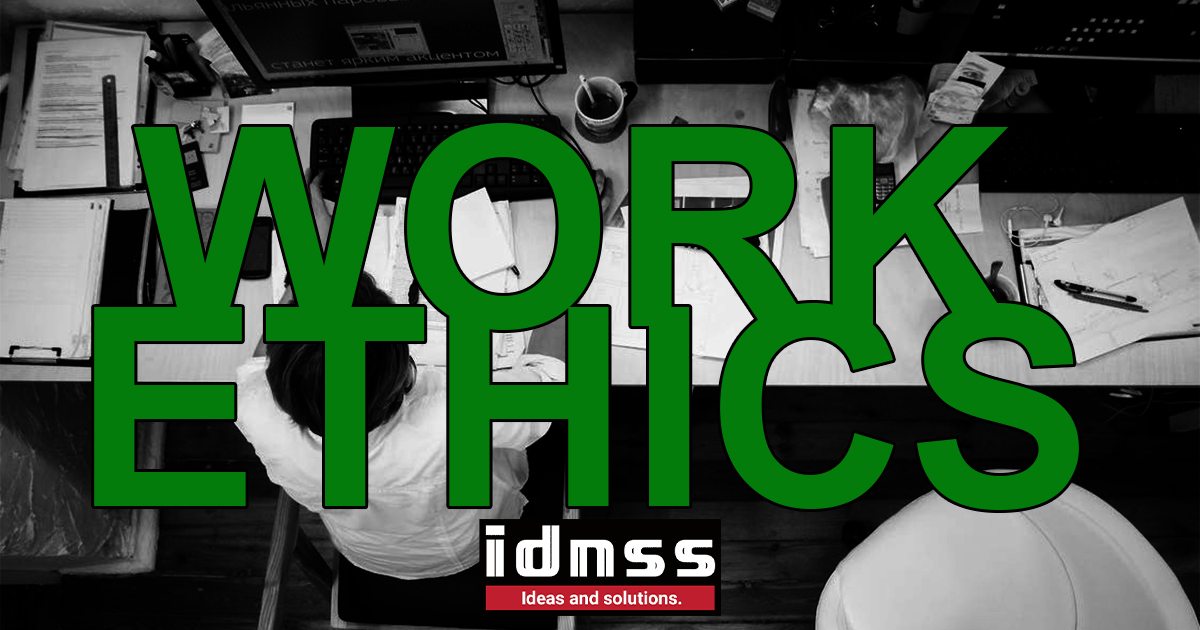Generational differences often lead to varying work ethics and attitudes towards work. Two generations that have been the subject of numerous discussions are Millennials and Generation Z. While both generations have unique characteristics and strengths, Millennials are often regarded as having better work ethics compared to Generation Z. This article aims to explore the reasons behind this perception and shed light on the work ethics of both generations.
Understanding Work Ethics
Work ethics refers to the set of moral principles and values that individuals apply to their work. It encompasses attributes such as professionalism, punctuality, dedication, and integrity. Good work ethics contribute to productivity, efficiency, and overall success in the workplace.
Characteristics of Millennials’ Work Ethics
Millennials, born between the early 1980s and mid-1990s, exhibit several characteristics that highlight their strong work ethics.
1. Strong Desire for Work-Life Balance Millennials prioritize maintaining a healthy work-life balance. They value personal time, leisure activities, and spending time with family and friends. This emphasis on work-life balance helps them maintain productivity and avoid burnout.
2. Emphasis on Personal Development and Growth Millennials are keen on continuous learning and personal development. They actively seek opportunities to enhance their skills, pursue higher education, and participate in professional development programs. This commitment to growth benefits both the individual and the organizations they work for.
3. Technological Proficiency and Adaptability Growing up in a digital age, Millennials are inherently tech-savvy. They embrace technology and adapt quickly to new tools and software. This proficiency enhances their efficiency, productivity, and ability to navigate the digital landscape.
Characteristics of Generation Z’s Work Ethics
Generation Z, born between the mid-1990s and early 2010s, also possesses distinct work ethics that set them apart from previous generations.
1. Entrepreneurial Mindset and Independence Generation Z individuals often display an entrepreneurial mindset. They are self-starters, proactive in seeking opportunities, and inclined towards taking ownership of their work. This independence drives them to excel in their chosen fields.
2. Passion for Social Responsibility and Activism Generation Z is known for its strong sense of social responsibility. They actively engage in social and environmental causes, seeking meaningful work that aligns with their values. This passion brings a sense of purpose and dedication to their professional endeavors.
3. Multitasking and Flexibility Growing up in a fast-paced, multitasking environment, Generation Z has developed exceptional multitasking skills. They can efficiently manage multiple projects, adapt to changing priorities, and thrive in dynamic work environments.
Comparison of Millennials and Generation Z
While both generations exhibit commendable work ethics, there are noticeable differences in their approach to work.
1. Differences in Career Aspirations and Priorities Millennials often prioritize personal growth, meaningful work, and work-life balance. They seek career paths that align with their passions and values. On the other hand, Generation Z tends to value financial stability, career advancement, and the ability to make a positive impact.
2. Approach Towards Authority and Hierarchy Millennials are more inclined to question authority and challenge traditional hierarchies. They prefer collaborative work environments and open communication channels. In contrast, Generation Z is more comfortable with traditional hierarchical structures and respects authority figures.
3. Attitude Towards Traditional Work Structures Millennials, known for their entrepreneurial spirit, often explore alternative work structures such as freelancing, remote work, and gig economy opportunities. Generation Z, while open to flexibility, also values stability and traditional career paths.
Factors Influencing Millennials’ Strong Work Ethics
Several factors contribute to Millennials’ strong work ethics:
1. Economic Uncertainties and Financial Pressure Millennials entered the workforce during times of economic uncertainty, such as the global financial crisis. This experience instilled a strong work ethic as they navigated challenges and sought stability in their careers.
2. Exposure to Diverse Perspectives and Global Issues Millennials grew up in an era of globalization and interconnectedness. They were exposed to diverse cultures, perspectives, and global issues. This exposure fostered empathy, adaptability, and a desire to contribute positively to the world.
3. Impact of Technological Advancements Rapid technological advancements during the formative years of Millennials shaped their work ethics. They are comfortable with technology and leverage it to enhance productivity, communication, and collaboration.
Factors Influencing Generation Z’s Work Ethics
Generation Z’s work ethics are influenced by various factors:
1. Growing up in a Digital Era Generation Z is the first generation to grow up entirely in a digital era. They are native users of technology, which enhances their digital literacy, critical thinking, and problem-solving skills.
2. Increased Access to Information and Resources With the proliferation of the internet and social media, Generation Z has access to vast amounts of information and resources. This exposure fuels their curiosity, creativity, and drive for success.
3. Societal and Environmental Challenges Generation Z witnessed significant societal and environmental challenges, such as climate change and social inequality. These issues have shaped their work ethics, leading them to prioritize sustainability, social responsibility, and making a positive impact in their professional lives.
Benefits of Millennials’ and Generation Z’s Work Ethics
The strong work ethics of both Millennials and Generation Z contribute to several benefits in the workplace:
1. Innovation and Creativity in the Workplace Millennials and Generation Z bring fresh perspectives, innovative ideas, and creative problem-solving skills to organizations. Their unique approaches drive innovation and help companies stay competitive in a rapidly changing world.
2. Collaboration and Teamwork Skills Both generations value collaboration and teamwork. They thrive in diverse and inclusive work environments, leveraging their interpersonal skills and ability to work effectively in teams.
3. Adaptability to Change and Technological Advancements Millennials and Generation Z possess a natural adaptability to change, making them well-suited to navigate technological advancements and evolving work environments. Their comfort with new technologies enhances organizational agility and efficiency.
Challenges Faced by Millennials and Generation Z
While Millennials and Generation Z exhibit strong work ethics, they also face specific challenges:
1. Work-Life Balance Challenges Despite valuing work-life balance, Millennials often struggle to achieve it. The pressure to constantly be available, coupled with demanding work expectations, can lead to burnout and compromised well-being.
2. Burnout and Mental Health Issues The drive for success and the pursuit of personal development can sometimes lead to burnout and mental health issues among Millennials and Generation Z. Employers must prioritize employee well-being and provide resources to address these challenges.
3. Dealing with Job Insecurity and Career Uncertainty Both generations have experienced economic recessions and increased job insecurity. This uncertainty can impact their work ethics, motivation, and long-term career planning. Organizations must provide support and growth opportunities to retain talented individuals.
How Organizations Can Leverage Millennials and Generation Z’s Work Ethics
To harness the work ethics of Millennials and Generation Z, organizations can implement the following strategies:
1. Flexible Work Arrangements and Remote Work Options Offering flexible work arrangements, such as remote work or flexible hours, can attract and retain Millennials and Generation Z employees. This flexibility allows them to maintain work-life balance and achieve optimal productivity.
2. Embracing Technological Advancements and Digitalization Organizations should embrace technology and digitalization to align with the preferences of Millennials and Generation Z. Providing access to cutting-edge tools and digital platforms enables them to excel in their roles and contribute effectively.
3. Promoting a Diverse and Inclusive Work Culture Creating a diverse and inclusive work culture is crucial to attracting and retaining Millennials and Generation Z employees. Organizations that prioritize equality, inclusion, and belonging foster an environment where these generations can thrive and contribute their best.
Conclusion
Millennials and Generation Z bring unique work ethics and strengths to the workplace. While Millennials prioritize work-life balance and personal growth, Generation Z exhibits an entrepreneurial mindset and passion for social responsibility. By recognizing and leveraging these work ethics, organizations can benefit from their innovation, collaboration, adaptability, and drive for success.
FAQs
-
How do Millennials and Generation Z differ in their approach to work?
-
While Millennials prioritize work-life balance and personal growth, Generation Z is more focused on financial stability and career advancement. Millennials question authority and challenge traditional hierarchies, while Generation Z respects authority figures and traditional work structures.
-
-
What role does technology play in shaping the work ethics of Millennials and Generation Z?
-
Technology plays a significant role in shaping the work ethics of Millennials and Generation Z. Millennials are tech-savvy and leverage technology
-

